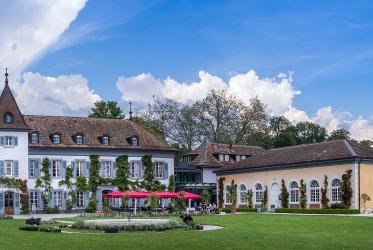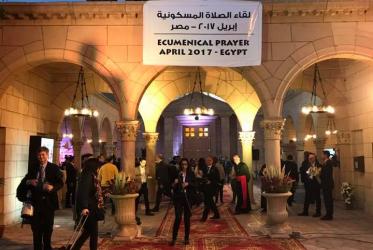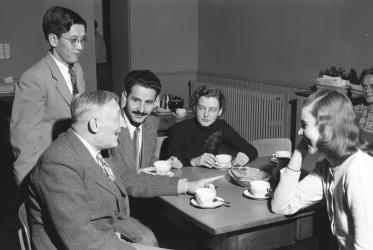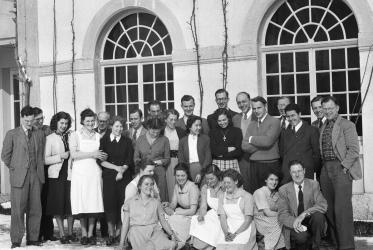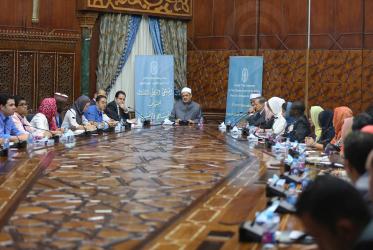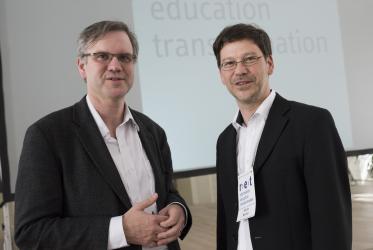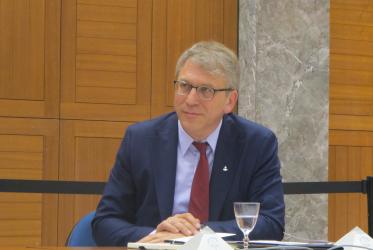Displaying 41 - 60 of 101
What does ‘prudence’ mean for dialogue and peace-building?
16 November 2016
Bossey anniversary commemorates 70 years of heartfelt dialogue
28 September 2016
WCC’s Bossey institute celebrates 70 years with array of events
23 September 2016
Bossey students celebrate graduation
23 August 2016
Seminar will address youth engagement, religion and violence
19 August 2016
In Ghana, women bring open minds, honest words
05 July 2016
WCC conference explores ecological injustice in Uganda
21 April 2016
Catholic-WCC group pursues new mandate
13 April 2016
